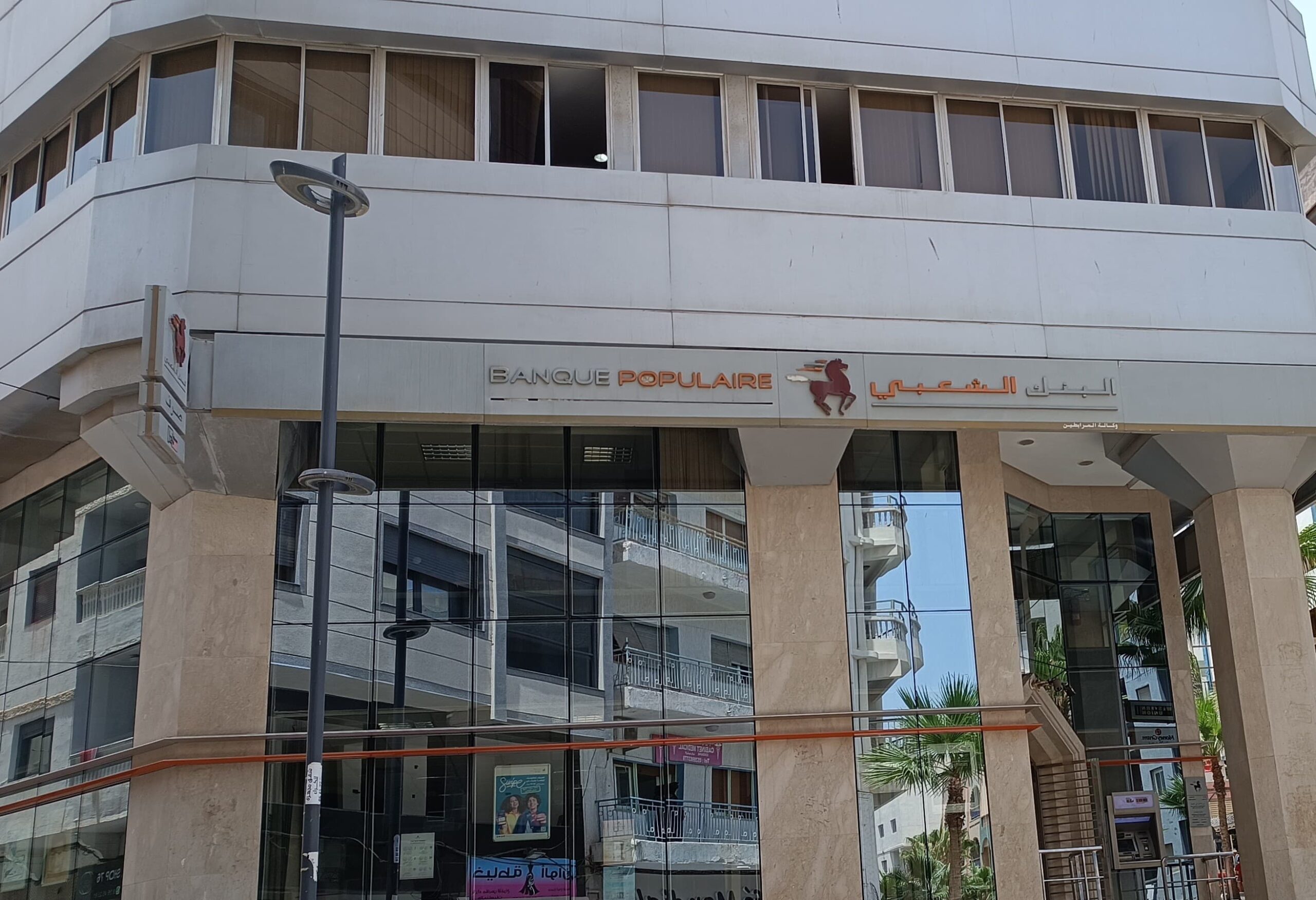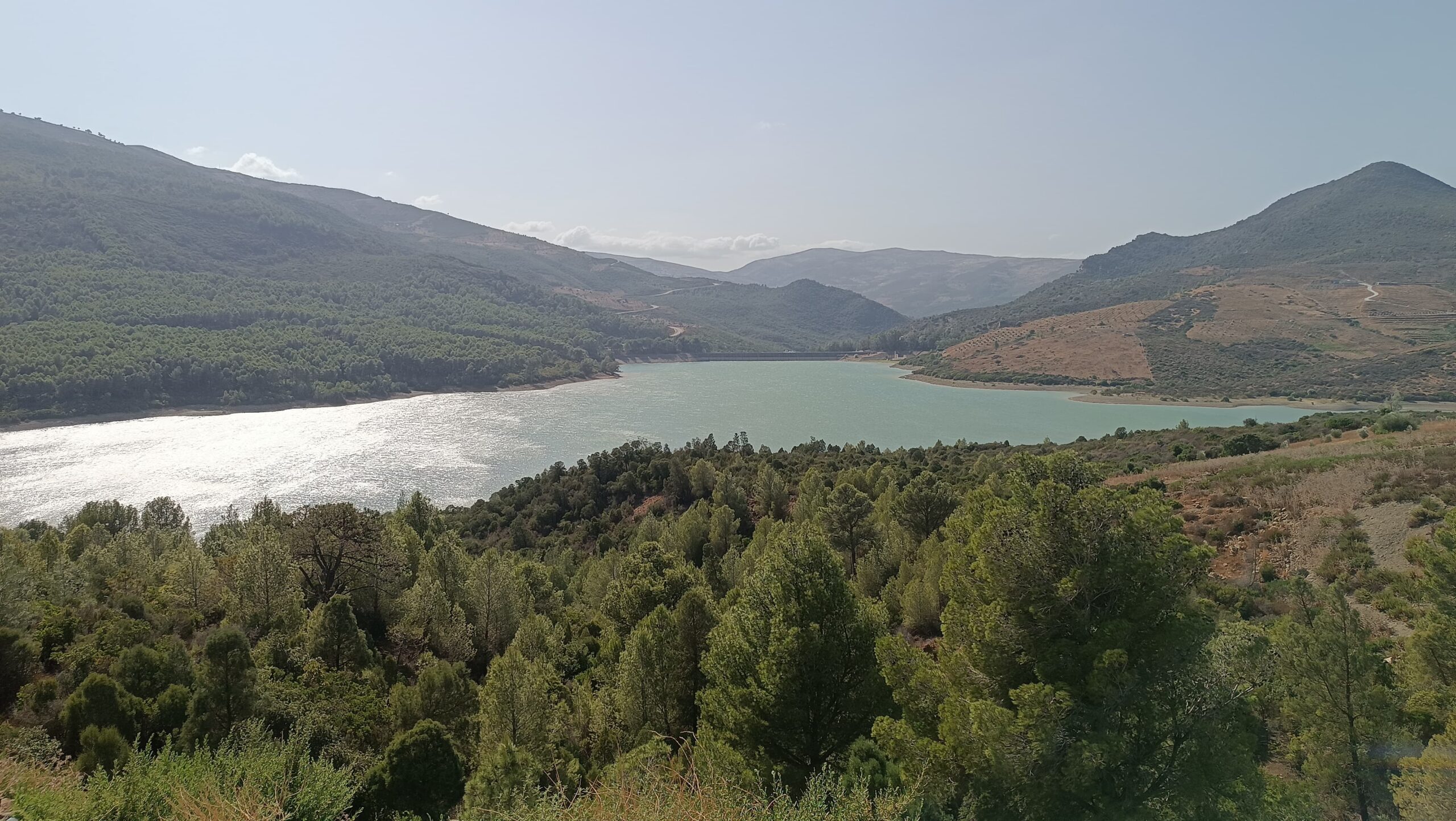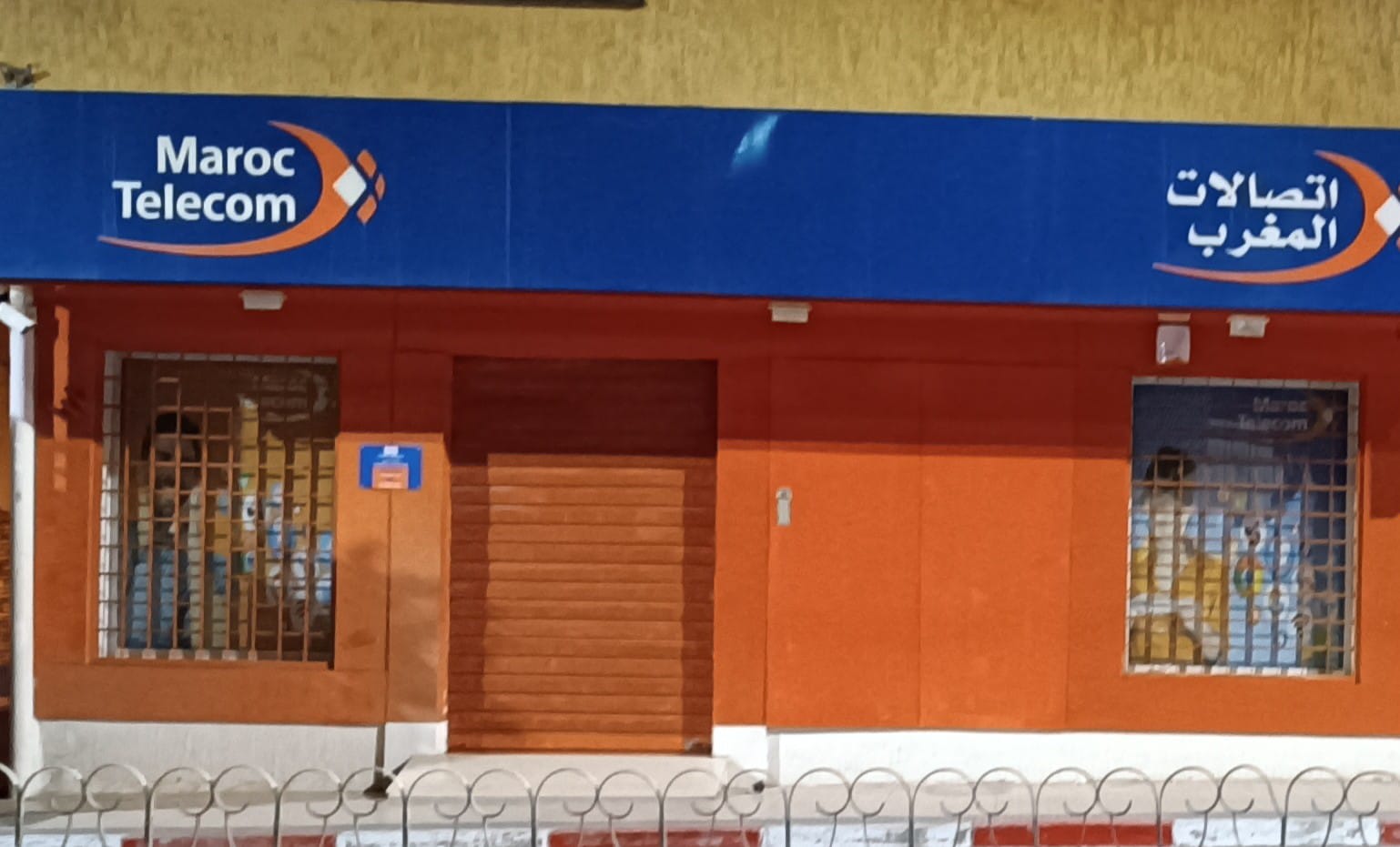Casablanca – Cement deliveries in Morocco reached more than 5.52 million tons by the end of May 2024, marking a notable increase of 7.31% compared to the same period last year, according to the Professional Association of Cement Manufacturers (APC). This growth underscores the robust demand and expansion within the Moroccan construction and infrastructure sectors.
For the month of May 2024 alone, cement sales recorded 1.42 million tons, up from 1.18 million tons in May 2023, reflecting a substantial year-on-year increase of 20.01%. This sharp rise highlights the dynamic pace of construction activities during this period.
To provide a clearer view of sectoral demand, the APC detailed cement deliveries across various segments. Deliveries intended for distribution amounted to 3.18 million tons, making it the largest segment. Sales for ready-mix concrete (BPE) reached 1.23 million tons, indicating strong demand in the ready-mix concrete sector. Precast concrete (PREFA) sales totaled 529,021 tons, showcasing its vital role in construction projects. The construction segment accounted for 181,497 tons of sales. Sales in the infrastructure segment reached 375,108 tons, reflecting ongoing development. Mortar sales stood at 29,568 tons, indicating its specialized use in various construction applications.
The APC comprises key players in the Moroccan cement market, including Ciments de Tamara, Ciments de l’Atlas, Ciments du Maroc, LafargeHolcim Maroc, and Novacem. These companies collectively drive the cement industry’s growth, ensuring a steady supply to meet the rising demand across different sectors.
The significant increase in cement sales in Morocco highlights the country’s vibrant construction sector and the ongoing development projects that drive this demand. With leading companies like Ciments de Tamara, Ciments de l’Atlas, Ciments du Maroc, LafargeHolcim Maroc, and Novacem at the helm, the Moroccan cement industry is well-positioned for continued growth and expansion. This upward trend not only reflects the dynamic economic environment but also suggests a promising future for infrastructure development in Morocco, solidifying its status as a key player in the regional construction market.
















